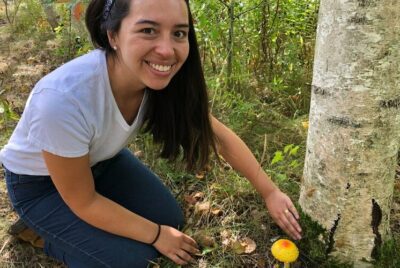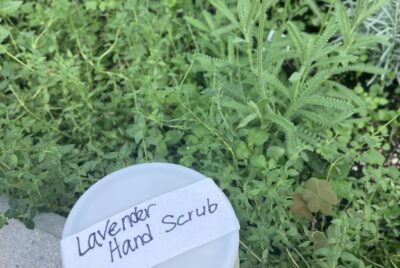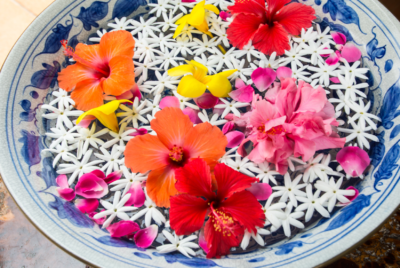RESEARCH
Weeds and Seeds: Reflections from a Gardening Project for Juvenile Offenders
Summary
The research explores the implementation of a gardening project in a juvenile rehabilitation center, designed to promote responsibility, job skills, and restorative justice through food donations to local shelters. Over one summer, 19 youth participated, engaging in planting, tending crops, and delivering produce. Findings indicate that gardening helped foster a positive self-concept, with participants viewing themselves as hard workers, responsible individuals, and capable learners. Additionally, the repetitive and immersive nature of gardening contributed to improved emotional regulation, with many youth reporting reduced stress, increased patience, and a calming effect from their work in nature.
While participants appreciated the opportunity to give back to the community, most did not explicitly see their work as restitution for their crimes but rather as an act of generosity and social contribution. The study highlights the potential of gardening programs as a low-cost, effective intervention in juvenile rehabilitation, promoting empathy, social skills, and positive behavioral change. Future recommendations include expanding the program to involve families, integrating empathy training, and further studying the impact of gardening on recidivism rates among youth offenders.







